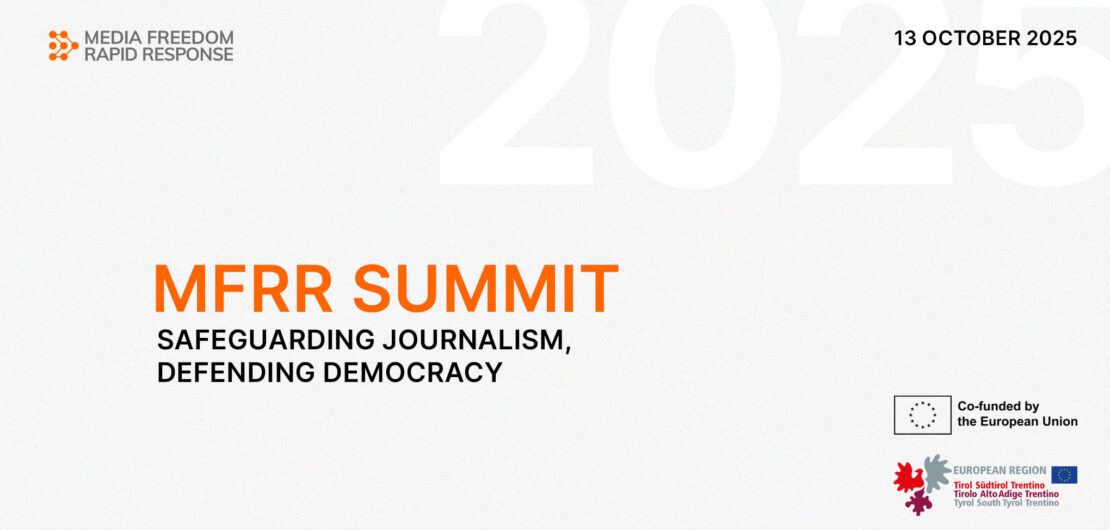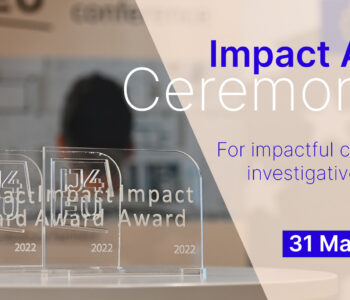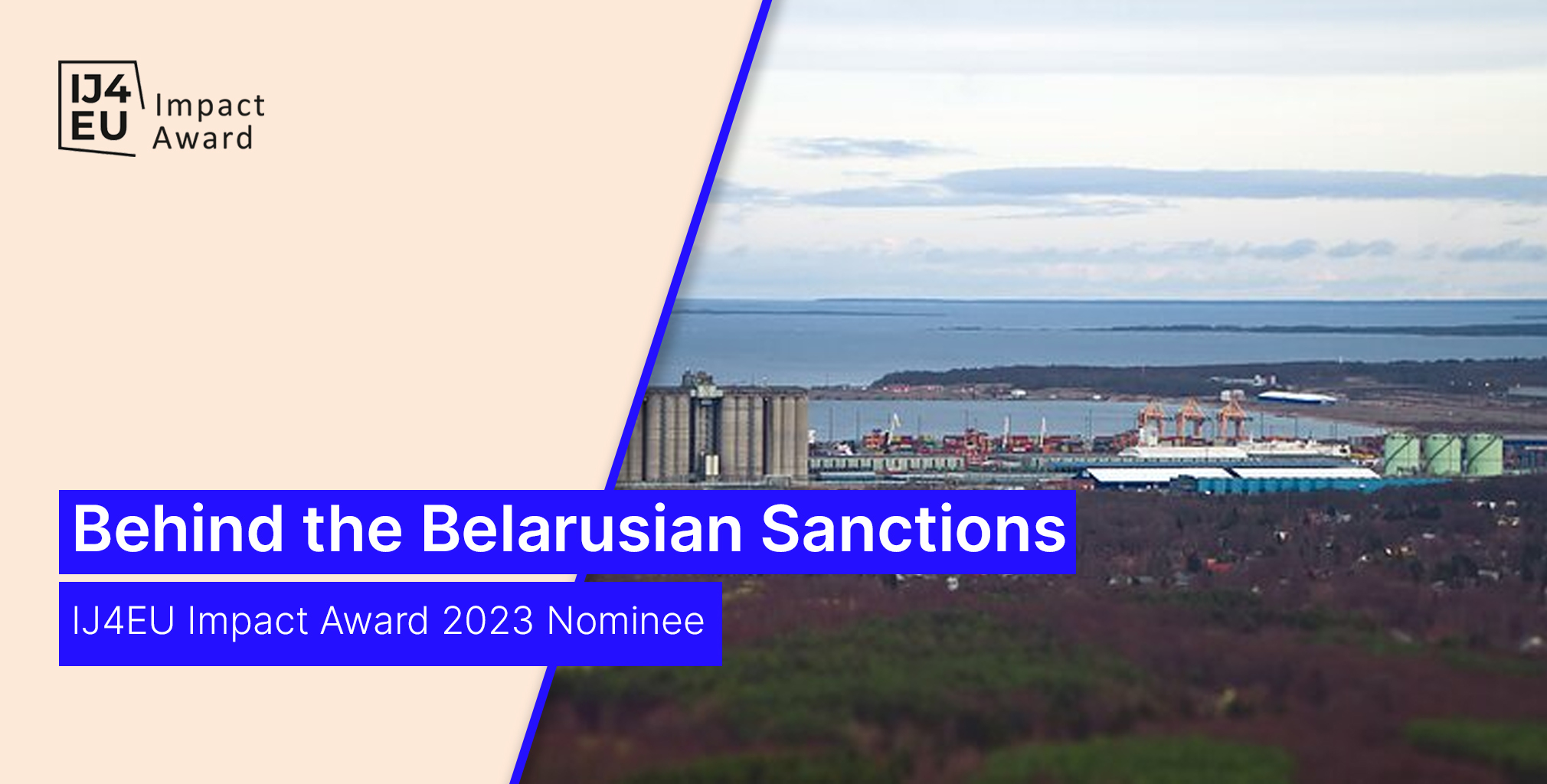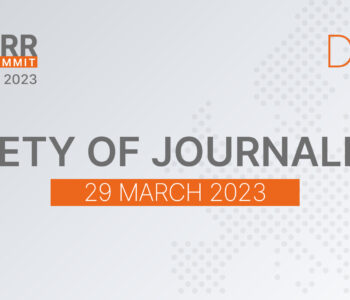 Library
Library
MFRR Summit 2025
The MFRR Summit 2025 brings together journalists, policymakers, and civil society to address the urgent challenges facing press freedom in Europe. From disinformation and digital threats to shrinking media markets and political pressure, journalism is under strain, and journalists need stronger protection and support.
This year’s Summit feeds into EU Democracy Shield policy discussions and highlights journalism as vital democratic infrastructure. Drawing on MFRR’s monitoring, missions, and policy work, the event will explore five key pillars of media resilience: economic viability, safety, legal protection, AI governance, and implementation of safeguards.
More programme details are coming soon. Registration opens on 11 August. Stay tuned!
Welcoming Message
09:00 – 09:10 CET
Opening Keynote
09:10 – 09:30 CET
Panel 1: Media Economy Under Pressure: How to Ensure Economic Viability
09:30 – 10:30 CET
From platform ad monopolies and collapsing business models to biased state funding and increased far-right influence, today’s public interest media sector is economically destabilised. This panel will address urgent issues and spotlight policy solutions: market reform, including reformed copyright, tax incentives, direct support with safeguards, and breaking VLOP dependency.
Panel 2: Unsafe to Report. Why Journalists Keep Looking Over Their Shoulders
10:45 – 11:45 CET
Mapping 1,500+ press freedom violations in 2024 (MFRR Monitoring Report), this panel focuses on states where enforcement is failing, and threats are escalating – from police violence at protests to online smear campaigns and digital intimidation, often initiated or supported by power holders themselves. Discussion will zoom into the MFRR findings from its recent on-the-ground missions, highlighting the most urgent safety issues and discussing possible solutions.
Panel 3: Spoofing, Surveillance, Spyware. Journalists against Digital Threats
13:00 – 14:00 CET
AI is reshaping journalism in multiple ways; while some are helpful, others are an imminent threat. AI and other advanced digital tools are used to erode trust, funding, and safety of journalists. Experts and journalists will address digital threats and discuss how to mitigate them via policies and structural support to journalists.
Panel 4: Legal Protections. EMFA, Anti-SLAPP Directive: Implementation Highlights and Challenges
14:15 – 15:15 CET
With the Anti-SLAPP Directive and EMFA passed, the real battle is in national transposition. MFRR will ground this discussion into its close observations of challenges that implementation of the protective laws faces and the developments on the ground in regards to the new legislation and regulations. How do we ensure that the “good” laws make real change in safeguarding free and independent journalists?
Ukraine Spotlight Interview
15:30 – 16:00 CET
Panel 5: The Authoritarian Playbook. Foreign Agent Laws in the EU’s Shadow
16:15 – 17:15 CET
While protective regulations face implementation challenges, other laws, with potential to seriously damage media freedom and modeled after Russian “foreign agents law”, are mushrooming across Europe. From Hungary to Georgia, “foreign interest” rhetoric is creeping into policy. This panel tackles how the spread of “foreign agent laws” and hostile „foreign influence” rhetoric are being weaponised to stigmatise and pressure critical journalists, ultimately threatening media freedom and democratic participation.
Closing remarks
17:15 – 18:30 CET
Co-funded by the European Union. Views and opinions expressed are however those of the author(s) only and do not necessarily reflect those of the European Union or European Education and Culture Executive Agency (EACEA). Neither the European Union nor the granting authority can be held responsible for them.














